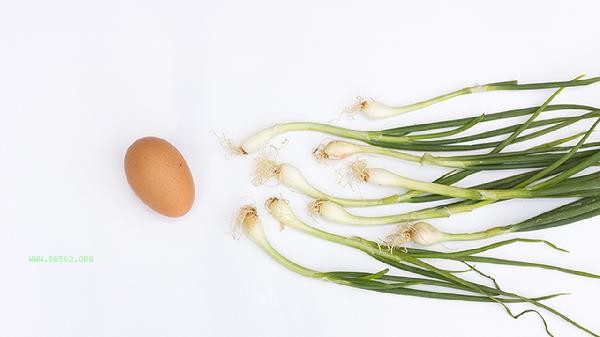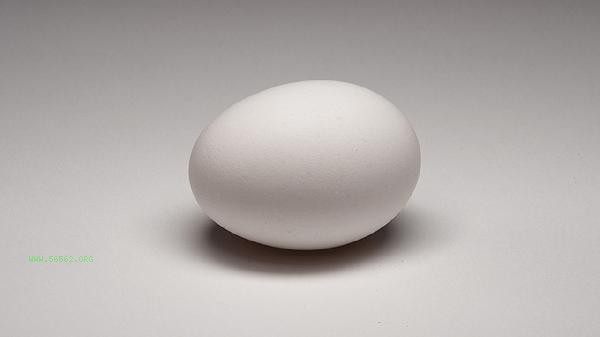Eggs can usually be stored for 4-5 weeks under refrigerator refrigeration conditions. The shelf life of eggs is affected by factors such as storage temperature, eggshell integrity, cleanliness, placement, and whether they have been cleaned.

1. Storage Temperature
The temperature in the refrigerator compartment should be maintained below 4 ℃, as temperature fluctuations can accelerate egg spoilage. Refrigeration can inhibit the growth of microorganisms such as Salmonella, but it is necessary to avoid placing eggs on the refrigerator door rack, as the temperature in this area is easily affected by the opening and closing of the door. 2. Eggs with cracked eggshells should be consumed within 1-2 days. Damaged eggshells can allow bacteria to invade through the pores, leading to protein denaturation and the production of odors. When purchasing, check whether the eggshells have hidden cracks, and avoid stacking and squeezing when storing.
3. Cleanliness
Eggs with feces or feathers on the surface are more likely to breed bacteria. Unclean eggs have a natural protective film on their surface that can block microbial invasion, but eggs with severe contamination should be consumed first. Cleaning will damage the protective layer, it needs to be refrigerated and consumed as soon as possible.
4. Placement method
Storing with the tip facing downwards can extend the shelf life. The egg sac is located at the blunt end, and inversion can center the yolk and reduce contact with the chamber. Storing eggs in their original packaging is more conducive to maintaining stability than storing them loose.

5. Cleaning Treatment
Pre washed eggs on the market have a relatively short shelf life. Industrial cleaning will remove the protective film, and these products are usually treated with oil coating and must be consumed strictly according to the packaging label. After self-cleaning at home, it must be refrigerated and used up within 3 days.
It is recommended to label the storage date after purchase for management purposes, and cook within 2 hours after refrigeration. Freshness can be determined through a float test: eggs that sink to the bottom are fresh, while those that tilt or float may spoil. Eggs should not be frozen. Low temperature will lead to protein gel. Eggs can be used for cooking with sufficient heating such as steaming, baking, etc. in daily life to avoid making soft boiled eggs or raw food. If the egg white becomes thin, the yolk flattened, or emits a sulfur smell, it should be discarded immediately.










Comments (0)
Leave a Comment
No comments yet
Be the first to share your thoughts!